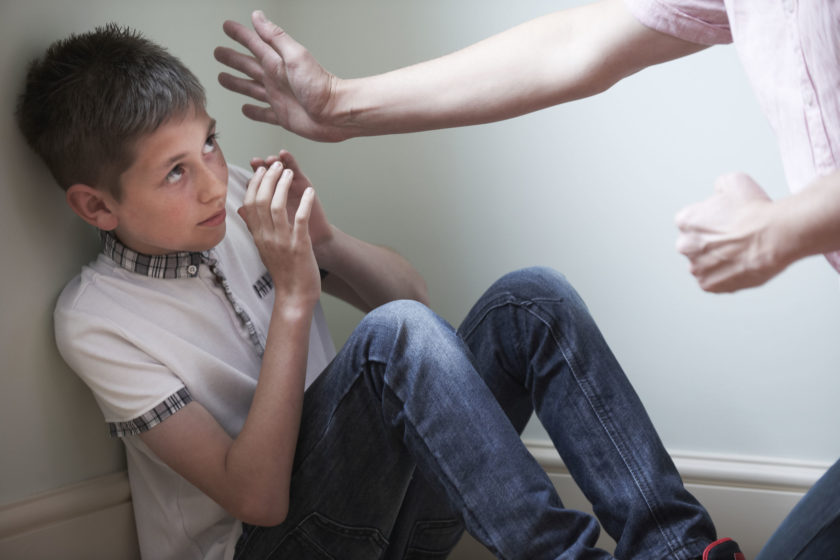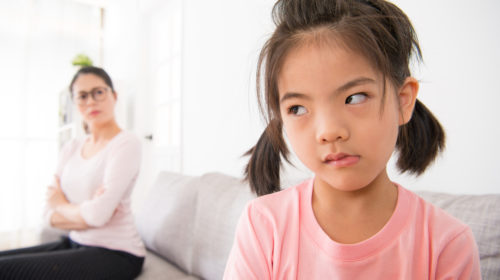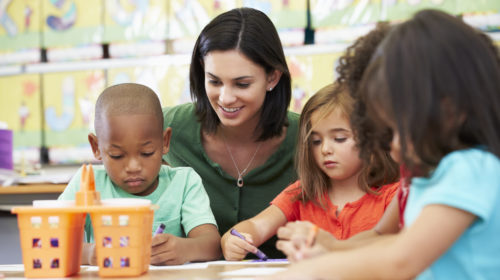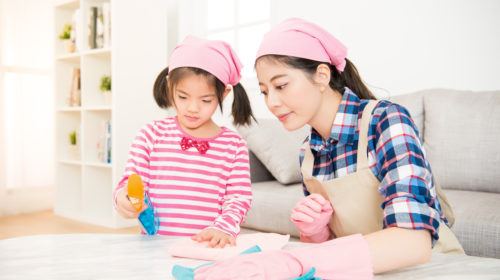Effects of Spanking Your Child
Some people believe spanking your child is a positive form of discipline. While others know it to be ineffective but have no idea as to how to actually find a better means of discipline. The last thirty years of research have given us clear results that kids that are spanked are less emotionally healthy than kids who aren’t. Also kids that are spanked behave worse over time than those approached in a more pacified way.
A 2013 study by Elizabeth Gershoff, reviewed research done over the previous two decades where kids that were spanked are much more likely to exhibit anxiety, depression, drug abuse and aggression as older adults. The studies also confirmed that these children grow up to be criminals, drug abusers or exhibit other problems.
Kids that have suffered more severe corporal punishment have less gray matter in their frontal cortex and have amygdalas that are more hypervigilant. You may be asking what does that mean? Simply, the grey matter is an integral part of the central nervous system and influences intelligence testing and learning abilities. This also includes areas involved in sensory perception, emotions and memory. Children subjected to child abuse and neglect have a lot less grey matter than those that have not. They also become hypersensitive to criticism and deal emotionally in a more negative way.
Medical researchers investigating the affects of corporal punishment have found a link between spanking and increased aggressive behavior in children. It also affects academic performance and is a contributor to anti-social behavior.
Conversely spanking produces worse behavior rather than a desired outcome. It also results in greater violence in children which carries into adulthood. If this process is repeated it could mean a continuation of this destructive cycle for further generations to come. We are also teaching children that violence is an acceptable response to unacceptable behaviors.
In essence, we should be explaining to children in a calm manner about specific behavior , how angry they felt and a better way to handle the situation. Using methods and strategies that would not allow the use of extreme measures. It would also be best to model the positive behaviors we want our children to exhibit through mutual respect and understanding rather loud, violent outbursts.




